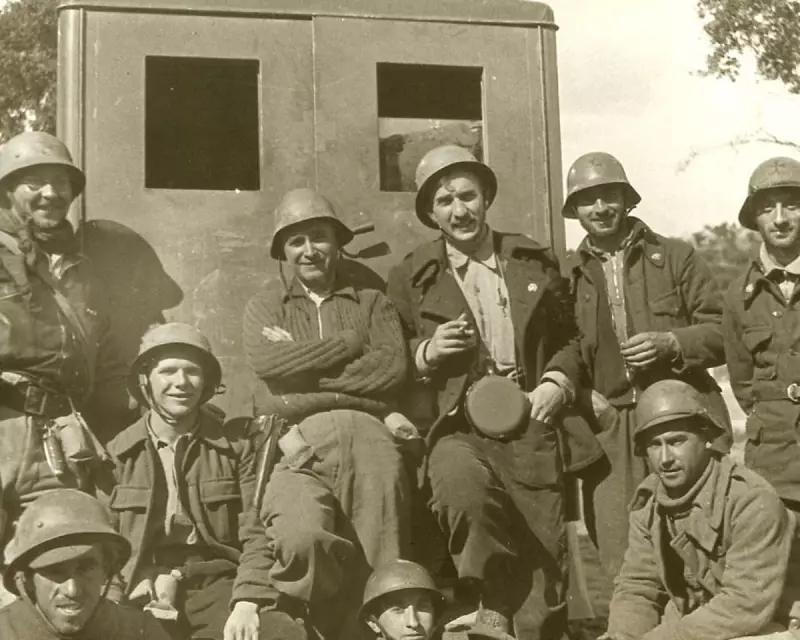
In a powerful act of historical recognition, Spain has opened a path to citizenship for the descendants of the International Brigade volunteers who courageously joined the fight against General Francisco Franco's nationalist forces during the Spanish Civil War.
The new law, approved by Spain's parliament, directly addresses a debt of gratitude owed to the thousands of foreign fighters who left their homes to support the Spanish Republic between 1936 and 1939. For many families, this marks the culmination of decades of campaigning for official acknowledgment of their ancestors' sacrifice.
A Long-Awaited Recognition
The legislation establishes a two-year application window, beginning in 2025, during which children, grandchildren, and great-grandchildren of brigade members can claim Spanish nationality. This gesture symbolically closes a painful chapter, offering a form of posthumous gratitude to the estimated 35,000-40,000 men and women who formed the International Brigades.
These volunteers came from over 50 countries, including Britain, the United States, France, and Germany, driven by ideological conviction to stand against the rise of fascism in Europe. Many never returned home, with thousands perishing in some of the war's bloodiest battles.
Healing Historical Wounds
This move represents a significant step in Spain's ongoing reconciliation with its complex civil war history. For years, the contributions of the International Brigades were largely overlooked in official narratives. By extending citizenship to their descendants, Spain is not just correcting a historical oversight but actively embracing this legacy as part of its national story.
The decision has been met with emotional responses from families worldwide, for whom Spanish citizenship represents more than a legal status—it is a tangible connection to their relatives' ideals and courage.
This policy follows previous measures that granted citizenship to descendants of Sephardic Jews expelled in 1492, positioning Spain as a nation increasingly willing to confront and make amends for historical exclusions.





